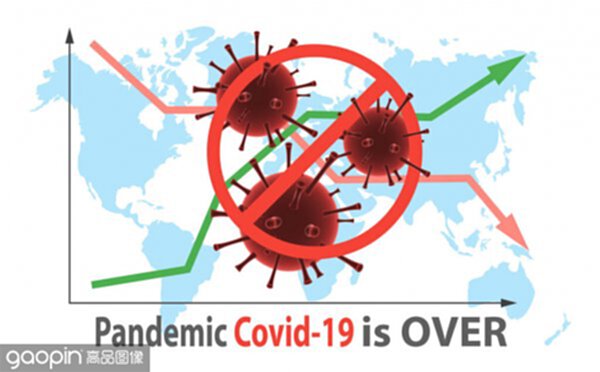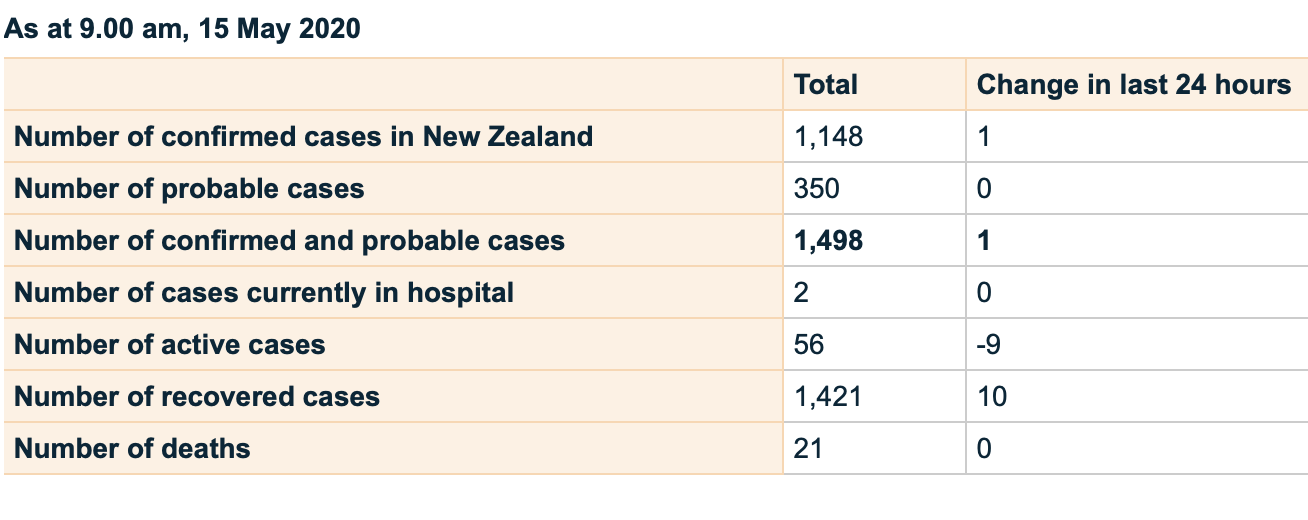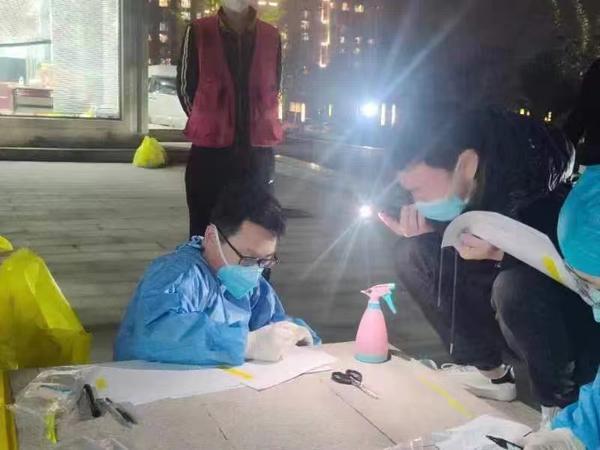The COVID-19 pandemic, an unprecedented global health crisis, has reshaped our world in ways that will be remembered for generations. Since its first reported case in December 2019 in Wuhan, China, the virus has spread rapidly across borders, infecting millions and claiming countless lives. This English-language essay provides a concise overview of the COVID-19 pandemic, its impact on global health, economies, and society, as well as the measures taken to contain its spread and the ongoing efforts for a return to normalcy.
The Origin and Spread of COVID-19
COVID-19, caused by the severe acute respiratory syndrome coronavirus 2 (SARS-CoV-2), was initially identified in a cluster of patients with pneumonia of unknown etiology in Wuhan, Hubei Province, China. The virus quickly gained international attention when it was declared a Public Health Emergency of International Concern by the World Health Organization (WHO) on January 30, 2020. By March 2020, the pandemic was declared a global pandemic, marking the start of a worldwide health emergency.
The virus's rapid spread was fueled by human mobility, particularly international travel and trade, as well as the initial lack of awareness and preparedness among many countries. Early on, there were concerns about the virus's high transmissibility rate and its ability to infect people even after mild or no symptoms (known as asymptomatic transmission). This made containment efforts challenging and led to the exponential growth of cases worldwide.
Global Health Impact
The COVID-19 pandemic has had a profound impact on global health. As of [current date], the pandemic has infected over [insert current number] million people and caused over [insert current number] thousand deaths globally, making it one of the deadliest pandemics in recent history. The virus has affected people of all ages but has disproportionately impacted older adults and those with pre-existing health conditions. The pandemic has also highlighted the importance of healthcare systems' resilience and preparedness for future pandemics.
The virus's impact extends beyond direct mortality. It has led to a surge in cases of mental health issues, including anxiety, depression, and post-traumatic stress disorder (PTSD), as people grapple with the uncertainty and disruption caused by the pandemic. The disruption to healthcare services has also resulted in delays in cancer screenings, treatments for chronic diseases, and other essential medical care.
Economic Impact
The economic fallout from the COVID-19 pandemic has been severe and far-reaching. Governments around the world have implemented lockdowns, travel bans, and business closures to slow the spread of the virus. These measures have led to a significant decline in economic activity, resulting in job losses, business bankruptcies, and a contraction of global economies. The International Monetary Fund (IMF) estimates that the pandemic could cause a global recession unparalleled in recent history.
The service sector, which includes travel, hospitality, and entertainment industries, has been particularly hard hit. The loss of income for millions of workers has led to a surge in poverty and inequality. Small businesses have been particularly vulnerable due to their inability to access financial support or adapt to the new normal quickly enough. The long-term economic consequences of the pandemic are yet to be fully understood but are likely to include permanent changes in consumer behavior, supply chain disruptions, and a reevaluation of how we work and live.
Social Impact
The COVID-19 pandemic has also had a profound impact on society at large. The need for social distancing and lockdown measures has led to unprecedented levels of social isolation and loneliness. Families have been separated from loved ones, schools have shifted to online learning, and social events have been canceled or held virtually. This has had a significant impact on mental health and social cohesion.
The pandemic has also exposed inequalities in access to healthcare, education, and basic necessities such as food and clean water. Marginalized communities, including those living in poverty or with limited resources, have been disproportionately affected. The pandemic has highlighted the need for more equitable access to resources and services for all members of society.
Measures to Contain the Spread
In response to the pandemic's severity, governments and international organizations have implemented various measures to contain its spread. These include:
Lockdowns and Social Distancing: Governments have imposed lockdowns or curfews on entire cities or regions to limit movement and reduce the number of contacts between individuals. Social distancing guidelines have been enforced in public places to maintain physical distance between people.
转载请注明来自爬爬百科,本文标题:《全球健康危机,COVID-19疫情简述》












 京ICP备11000001号
京ICP备11000001号
还没有评论,来说两句吧...